
H.S. Mukunda

Showing all 9 books
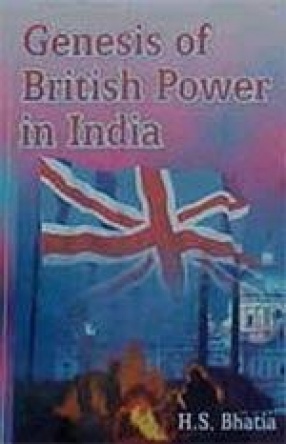
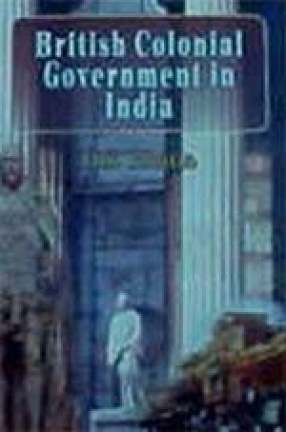
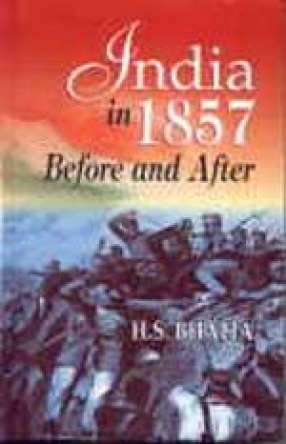

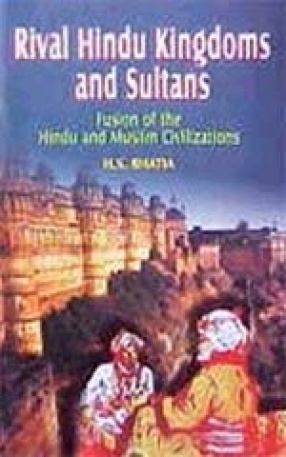
Upto the seventh century of Christian era, many invaders—Greeks, Parthians, Scythians and Huns entered India, but went back or were absorbed in the native population since ‘the Hindu social system was one of the strongest and most endurable in the world’. It was only on the arrival of the Muslim power in India that ‘Hindus were brought into permanent contact with it, which differed from them as widely as possible in almost everything and was complete ...

According to S.V. Puntambekar ‘two centuries from 1748 to 1947 cover the period of the beginning and the end of British rule and politics in India’. In his article "The Rise and fall of the British Rule in India", he critically evaluates its process and the legacy it has left behind. After the transfer of Company’s possessions to the Crown, struggle for freedom recommenced and there occurred several Indo-British conflicts. The 1857 uprising had ...

This book deals with the European people who came to India for trade but stayed here to rule with the help of mainly their superior military power and diplomacy and the chaotic conditions then prevailing in India. The Portuguese, the Dutch, the English and the French, all had their share in the Indian riches and in turn gave India the European civilization and their social, educational, legal, judicial, military and administrative system. The growth of British ...

The narrative of an empire’s rise and progress usually tells how the brook became a river, and the river became a sea. But the history of British India is peculiar and incongruous. It began without a strip of territory. A warehouse was expanded into a province, a province into an Empire" says Philip Anderson in "The English in Western India" and then adds ‘No needy client ever studied a praetor’s whims and caprices more attentively than did ...
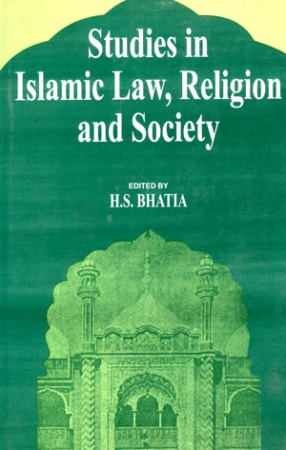
Religious ferment often labeled Islamic fundamentalism, is swelling up across the Muslim world. A new universalist phenomenon namely 'Islamic Revivalism', or 'Islamisation'of 'A Return to Islam' has arisen. India's neighbours Pakistan and Bangladesh have been now Islamised, but what does this 'Islamisation' mean?
This timely book provides the reader with authentic, original and comprehensive information on this virtal subject "scriptural, doctrinal, ethical, ...
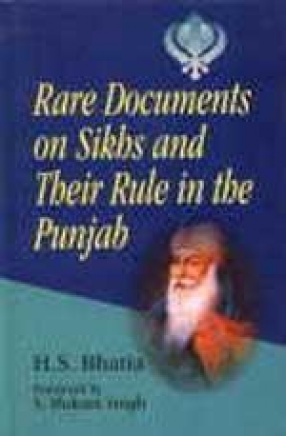
The establishment of sovereign political power of the Sikhs over Northern India as bulwark against constant ferocious invasions on India from the North-West makes a unique history. The growth of Sikh military and political power in the 18/19 century has perhaps no parallel in history. Transformation of Sikhs from a docile, suppliant and indulgent people into a fearless warrior class of unmatched quality, as if through some divination, their ordeals and ...

The Portuguese, the Dutch, the French and the English came ostensibly for trade but resolved to make India their colony. During the company's time there had been several "mutinies in the Indian army" both European and native including a few princely states and Bhai Maharaj Singh in the Punjab. what were the causes of these mutinies and how these were curtailed have been elaborately given in this book. Whether the great uprising was a "mutiny or war ...

The growth of British military and political power in India has perhaps no parallel in history. Arriving by sea as traders, the Britishers penetrated in the political arena through their institutionalised military forces. Starting from the first ship Hector under Captain William Hawkins which touched Surat in 1607, almost all the English ships which followed were in reality of the type of battleships and brought cannon and other warlike stores supplied by the ...
